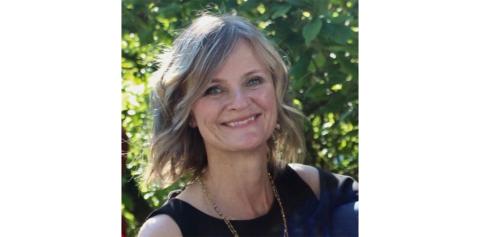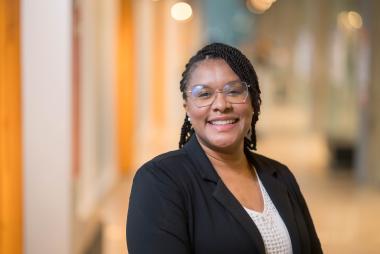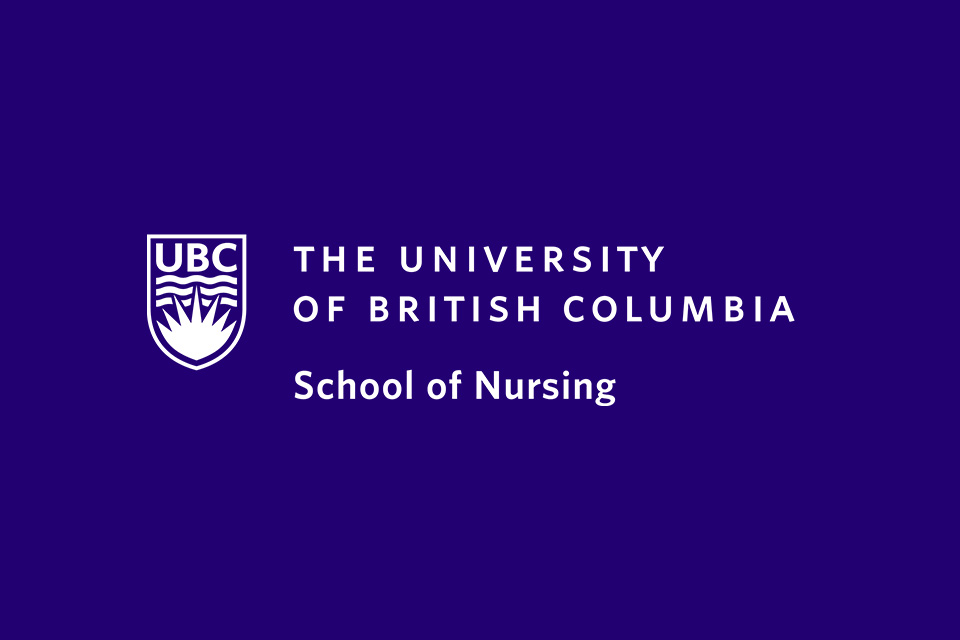
May 22, 2020
Helen Brown is a principal investigator for "Developing a Peer Mentorship Program to Foster Health and Social Equity for Indigenous Peoples in Criminal Justice Contexts", which is in receipt of an award of $248,034 from the federal government's New Frontiers in Research Fund. Helen's co-Principal Investigator is Patricia Barkaskas of the Peter A. Allard School of Law.
About this research:
Incarcerated individuals suffer vast health and social inequities, many of which span generations. In Canada’s colonial context, Indigenous peoples are disproportionately impacted by barriers to health and social well-being, which are in turn correlated with crime. This results in the over-representation of Indigenous peoples - including children and youth, women, Elders and LGBTQ2+ peoples - in institutional contexts such as child welfare, youth detention, provincial/federal corrections and mental health and substance use treatment facilities. Despite widespread research attention, attempts to address these inequities often exist in disciplinary siloes. Additionally, assumptions regarding Indigenous peoples’ vulnerability often reduces meaningful input from those most impacted by intersecting colonial health, social and criminal justice systems, truncating opportunities to engage with community strengths.
Our interdisciplinary and cross-sectoral team of scholars, Indigenous Elders, organizational representatives and community advocates will conduct Participatory Action Research to explore peer-led interventions to foster health and social equity, employment opportunities, and safe housing for people impacted by intersection health, social, and criminal justice systems. We will expand our network to engage additional Indigenous youth, adults, Elders and LGBTQ2+ peoples to collaboratively develop a peer-led intervention in Vancouver, BC, guided by pre-existing relationships with an advisory of Indigenous adults and Elders with lived experience of institutionalization. This work is timely given the ongoing calls for action amidst the overdose and housing crises, and increasing rates of detention and incarceration for Indigenous peoples. Providing paid research training and employment for Indigenous peoples, including youth, will foster opportunities for future scholars and advocates at the intersections of health, justice and social well-being. Drawing on arts-based methods (filmmaking, storytelling), we will explore the strengths, priorities and challenges facing Indigenous peoples in criminal justice contexts and collaboratively develop a pilot peer mentorship program. Future funding will support ongoing program evaluation and scalability across contexts
Read about the fund and other research on the Applied Science page.


